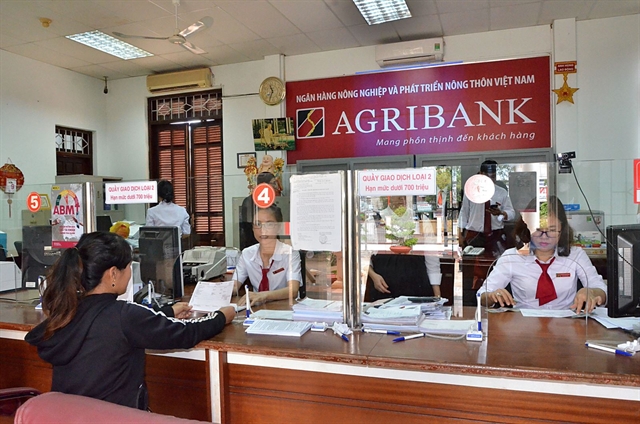Since 2016, 162 SOEs have been equitised compared to the goal of more than 4,400 for 2016-20.

The Government is stepping up equitisation efforts, setting to equitise 93 State-owned enterprises (SOEs) from now to the end of 2020.
Under a decision signed this week by Prime Minister Nguyen Xuan Phuc, the State aims to hold at least 65 per cent of charter capital in four SOEs, including Bank for Agriculture and Rural Development (Agribank), National Coal-Mineral Industries Holding Corporation Limited (Vinacomin), Northern Food Corporation (Vinafood1) and Mineral One-member Company Limited.
The State will also hold at least 50 per cent to below 65 per cent of charter capital in 62 other SOEs.
Under the decision, Prime Minister Phuc tasked ministers and chairpersons of provincial People’s committees and councils of members of the SOEs to be responsible for designing equitisation plans.
Equitisation progress will be reported to the Ministry of Planning and Investment, the Ministry of Finance and the Steering Committee for Enterprise Innovation and Development for synthesis before submission to the Prime Minister.
Since 2016, 162 SOEs have been equitised compared to the goal of more than 4,400 for 2016-20.
Regarding divestment, the Government has pulled out capital from 30 SOEs with total volume of more than VND2.7 trillion (US$115.9 million) in the first six months this year, sending total divested capital to some VND4.8 trillion.
In 2019, the Government aimed to equitise 127 SOEs but only 35 enterprises had been equitised in the first half, according to Deputy Prime Minister Vuong Dinh Hue.
Divestment of State capital remained slow compared to the Government’s goal for 2016-20, accounting for just 21.8 per cent of the overall plan.
Slow equitisation has been due to the introduction of stricter regulations, including the requirement to audit projects in which the State invests VND1.7 trillion and above.
On the other hand, some SOEs’ leaders have tried to pass the buck or elude responsibility for handling equitisation.
Besides, issues related to land use rights are also major obstacles to the SOEs' equitisation.
According to Dr Ngo Tri Long, former director of the Ministry of Finance’s Price and Market Research Institute, land use rights are a decisive factor that makes SOEs valuable to investors, especially local ones.
If issues related to land use rights weren’t resolved soon, SOEs’ equitisation plans would be delayed and this could mean more losses for the State budget, Long said.
To resolve land issues, the Vietnam Valuation and Financial Services JSC’s general director Vu An Khang suggested the Government remove the rule on evaluating the firm’s annual land lease fee to make regulations comply with each other.
In addition, the Government must issue rules to evaluate land areas whether they are located in more expensive areas or not so the State would not suffer losses, Khang said. — VNS





